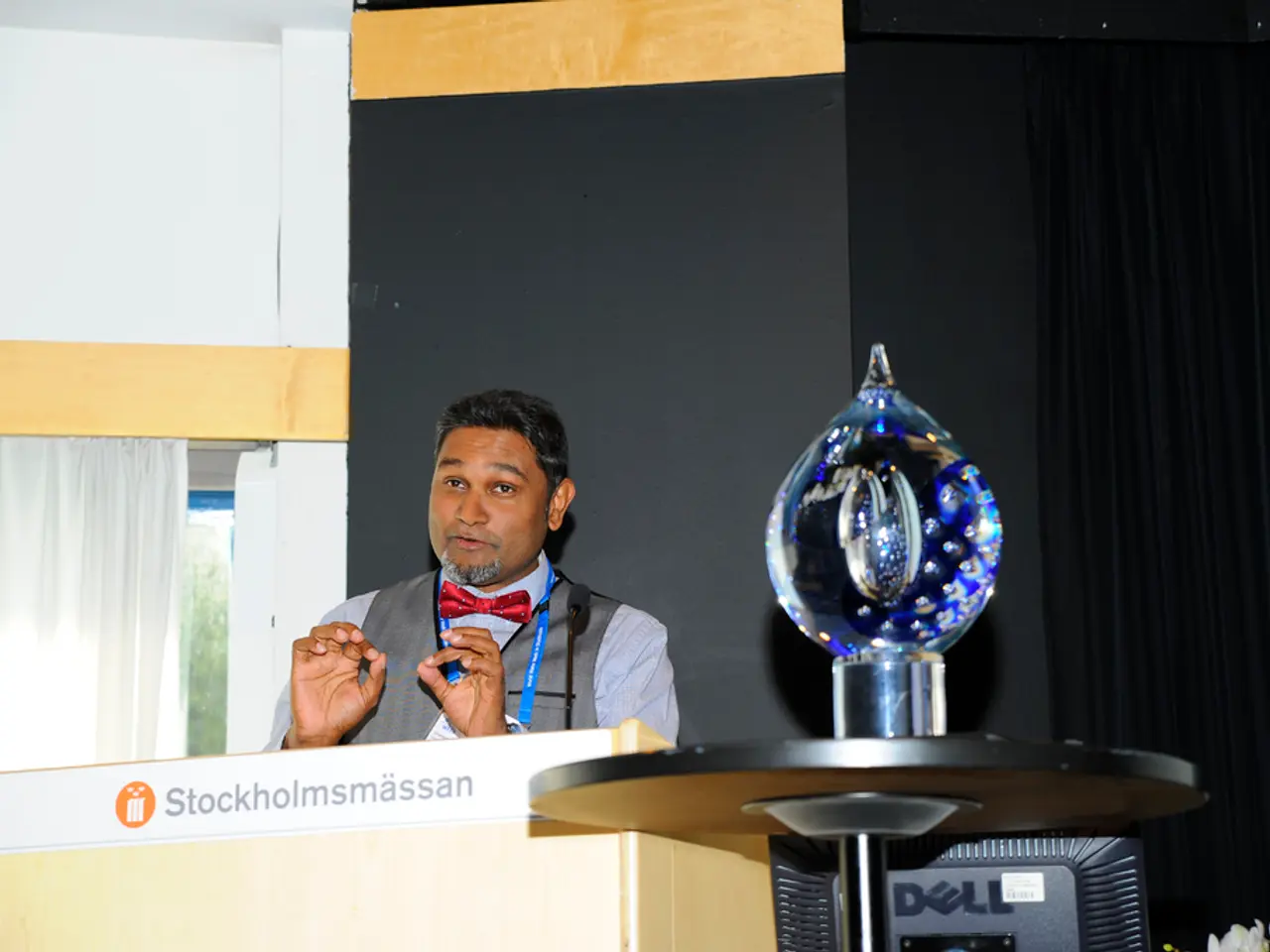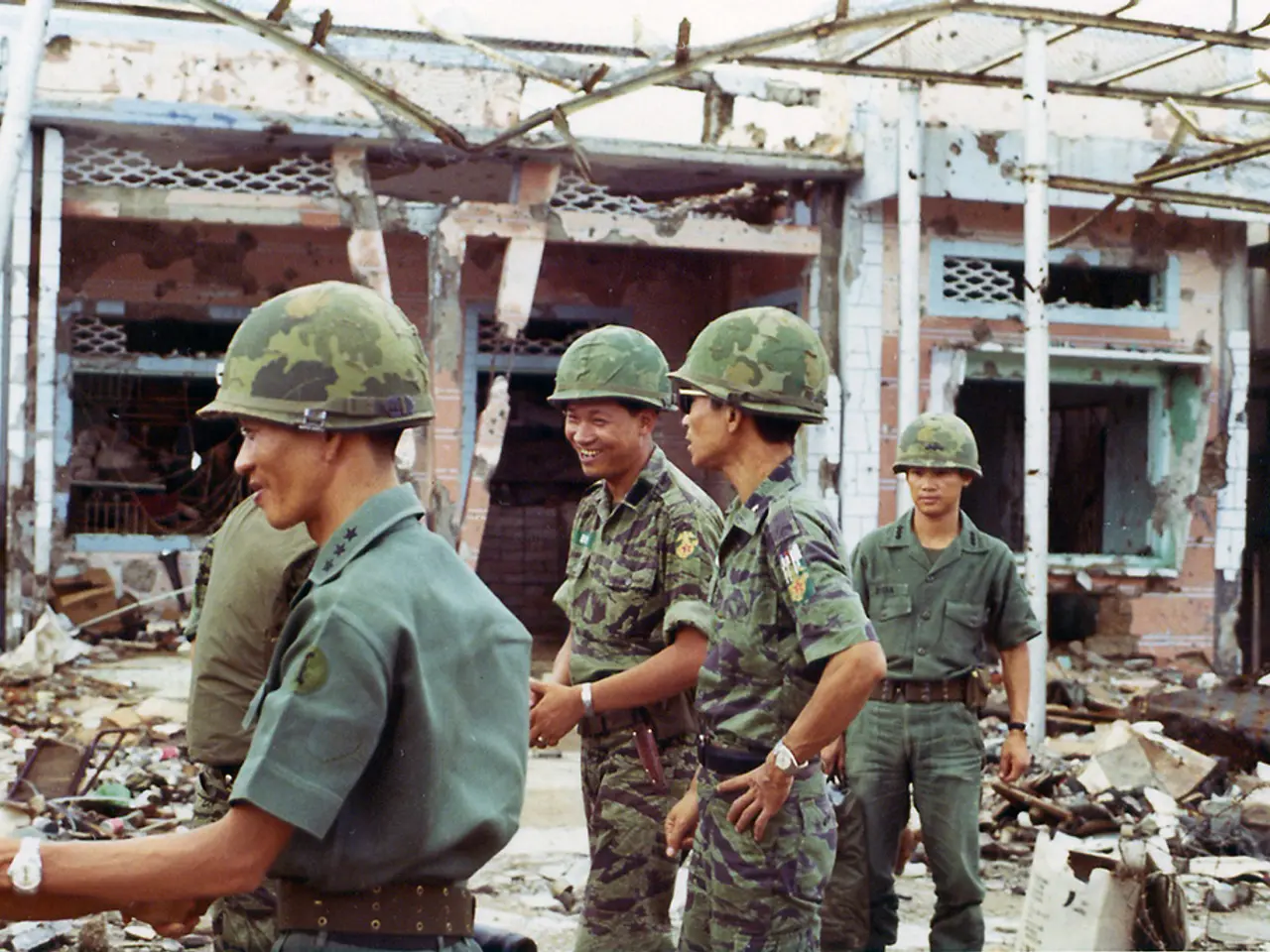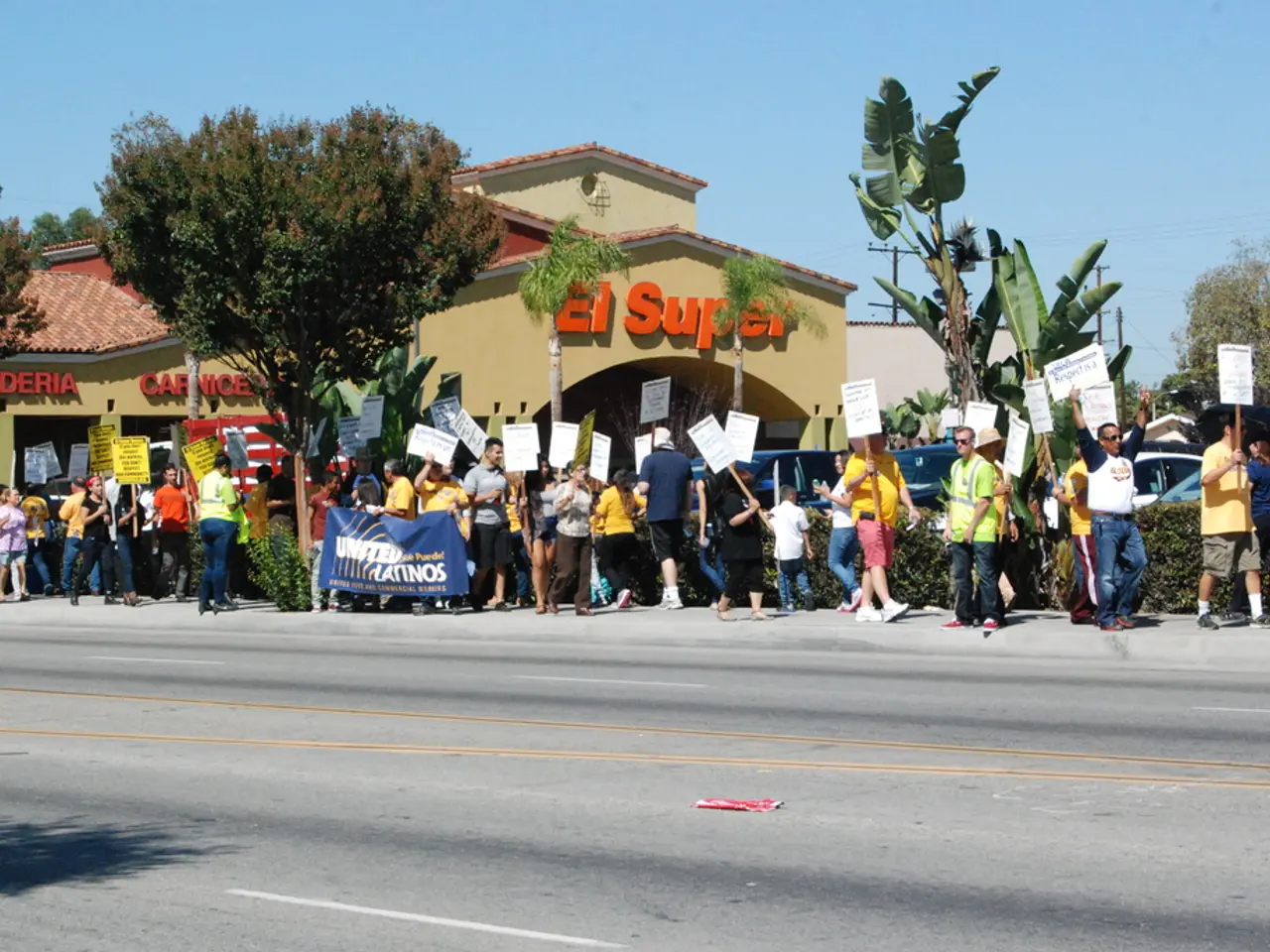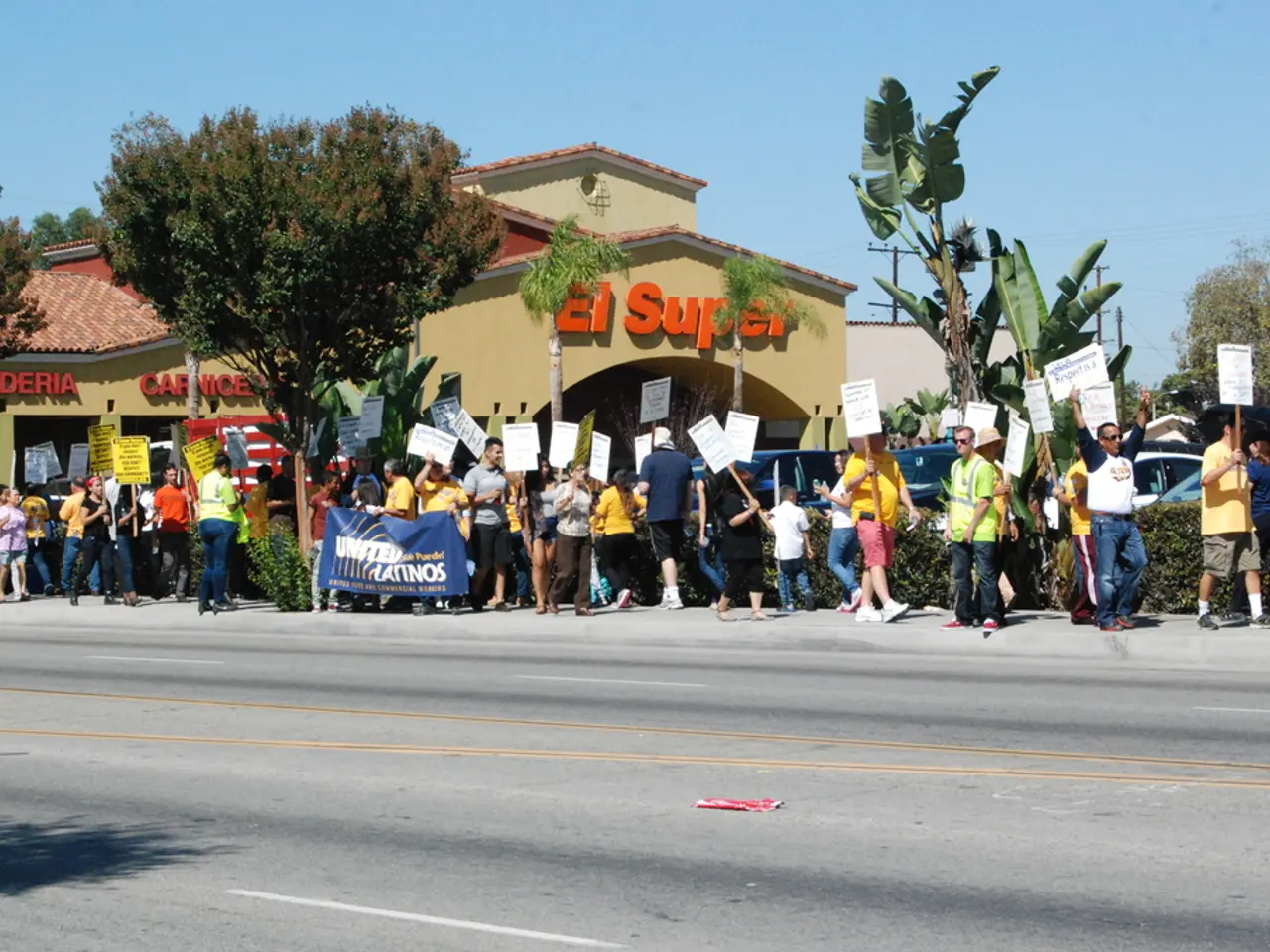"Setting Iran's nuclear ambitions back" Israeli attacks reportedly postpone Iran's nuclear bomb progress
Israel perceives Iran's nuclear program as lagging Years behind schedule
Israel's Foreign Minister, Gideon Saar, has expressed optimism regarding Israel's covert operations against Iran's nuclear program, stating, "I think, based on the intelligence we have, we've pushed Iran's ability to develop a nuclear bomb by at least a couple years."
In a series of interviews, Saar reiterated Israel's resolve to preserve regional security, saying, "We've already done a lot, but we won't stop until we've done everything we can to eliminate this threat." This defiant statement comes in the wake of Israel's reported targeted attacks on key Iranian nuclear facilities.
Saar further emphasized, "We will not allow Iran to follow North Korea's path. We will not sit idly by as Iran builds nuclear weapons that could destabilize the entire Middle East."
Negotiations and International Tensions
When questioned about the possibility of diplomatic solutions, Saar was skeptical, stating, "I don't believe Iran is sincere about finding a diplomatic solution. They use talks as a tactic to buy time and advance their nuclear program."
This suspicion is mirrored globally, with the International Atomic Energy Agency (IAEA) reporting Iran's non-compliance with nuclear safeguards. Despite these concerns, Iran persists in its nuclear ambitions, planning to construct more secure facilities and employ advanced centrifuges.
Impact of Israeli Attacks
Israeli strikes on Iran's nuclear facilities have caused physical damage but no reported off-site radiation leaks to this day. The attacks have also disrupted diplomatic efforts, with the ongoing conflict preventing IAEA inspectors from resuming verification activities.
Diplomatic progress has been postponed, as evidenced by the cancellation of the sixth round of indirect nuclear talks in Oman between the U.S. and Iran. However, Iranian officials remain steadfast, vowing to continue their nuclear program and advancing their nuclear capabilities.
On the Horizon
As the situation continues to evolve, it becomes increasingly crucial for the international community to emphasize the need for diplomatic resolution and active verification. The security of the Middle East hangs in the balance, with the U.S., Israel, and Iran engaged in a tense standoff over Iran's nuclear aspirations.
Sources: ntv.de, ino/AFP/dpa
Notable Aspects:
- Iran possesses substantial quantities of enriched uranium, potentially sufficient for several nuclear weapons.
- Iran continues to develop nuclear-capable missiles, emulating North Korean designs.
- Despite Israeli and U.S. attacks, Iran persists in its nuclear ambitions, vowing to advance its program and construct more secure facilities.
- The international community calls for urgent diplomacy to end hostilities and allow IAEA inspectors to resume verification activities.
- The international community is urging diplomatic resolution in the ongoing tension between Israel, the United States, and Iran, as Iran's employment policy concerning nuclear weapons development remains a point of concern, given their substantial quantities of enriched uranium and pursuit of nuclear-capable missiles.
- The recent politics surrounding Iran's nuclear ambitions have led to the postponement of negotiations, as indicated by the cancellation of the sixth round of indirect nuclear talks in Oman. This standoff is further exacerbated by Israel's employment policy reflecting a commitment to preserving regional security through covert operations aimed at delaying Iran's nuclear progress.





